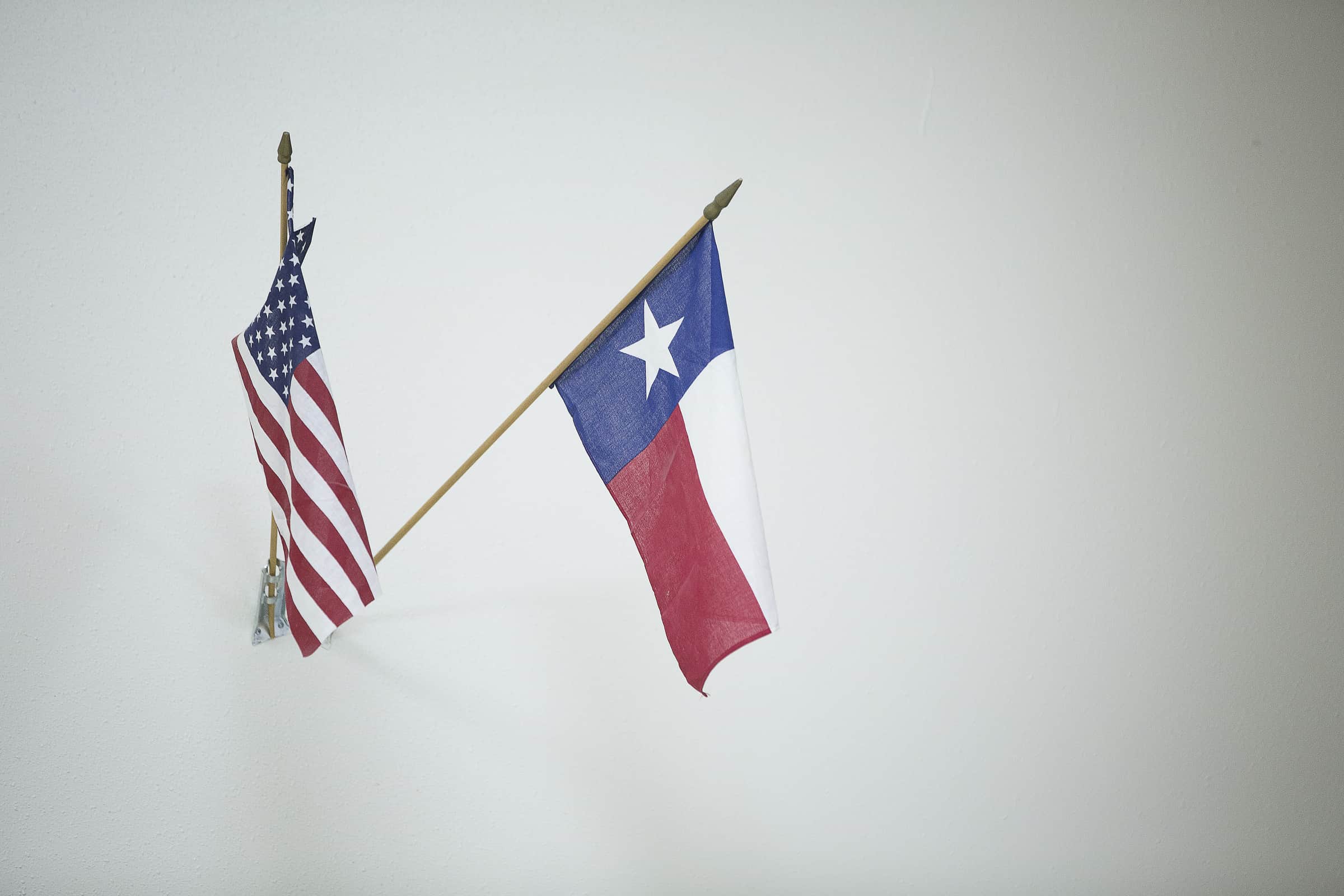Today we Texans commemorate Texas’ declaration of independence from Mexico on March 2, 1836. Texans are proud of and identify with their state as do few other Americans. Our Independence is an important part of the story that binds us.
On a day when Texans so proudly belong to their state, however, I cannot help but think about how few stories we have in America today that bind us together.
In Alan Jacobs’ How to Think, one of Jacobs’ guiding insights is that our thinking is deeply conditioned by our desires to belong to groups. When we argue for a position, we are often arguing for the security of our membership in a group that thinks that way.
Why is this the case? Humans are deeply social, Jacobs notes. Inevitably, therefore, our thinking is implicated in all the social dynamics that shape us more generally – and particularly our desire to belong.
Jacobs also argues that the greatest obstacle to thinking is not bias, prejudice, misinformation, or some mismatch between “fast” and “slow” thinking, but rather a deep disposition on the part of humans not to think. We do not want to think, and so we always seek justifications for not doing so.
If it is true that humans are deeply social, and further that we do not like to think, then one might wonder if our social nature is itself a source of reasons not to think. Perhaps our desire to belong to a group is a powerful break on our thinking. We think in ways that reinforce our feeling of belonging with a group, and we avoid thoughts that jeopardize that feeling of belonging.
Depending upon how far down this road you want to follow Jacobs, the idea that human sociability is itself an obstacle to thinking has many implications.
First, our polarization is caused as much by our sameness as our differences.
In polarized times, we are indeed acutely aware of our differences from other groups. But let’s not forget that in a polarized society we still feel a strong desire to belong: we just find ourselves belonging to opposed groups. Indeed, everyone in a divided society is deeply united by a desire to belong. Yes, that desire to belong pits us against other people. But we should not let that sense of distance obscure that we are polarized not in the first place because we have different thoughts and values, but because we all have the same need to belong. It’s almost incidental that we live at a time when exploiting our differences is what drives people’s sense of belonging in one group or another.
If this is the case, then it is not enough to lament that we are “polarized” or “divided.” We need to go deeper and admit that such polarization is in part the cost of our desire to belong to in-groups and to avoid being associated with out-groups.
So I am paradoxically suggesting that we are divided by what unites us. Behind every attack on the enemy is a desperate plea to belong with those we hope will accept us.
Second, our political, social, economic and even spiritual leaders have significant incentives to foster divisions between groups.
I hardly need explain that there is more to be gained from being a divider than being a unifier. But there are also deeper, more ambiguous incentives to foster divisions. I worry that our efforts to build bridges are much more deeply conditioned by the desire to belong than we recognize.
Yes, it takes courage to incur the wrath of the “opposition.” And it takes humility to admit a willingness to learn from and growth with people who disagree with us. But that courage is often more than strengthened by the adulation we receive from people who believe in us – generally people who are already on our side. Then the danger is that we are not really reaching the “other side,” but just making ourselves and our supporters feel good about our moral superiority. Indeed, perhaps some only make a pretense of reconciliation not for the purpose of genuine reconciliation, but rather to show off for their own audience.
This temptation is worrisome. How many of us are genuine reconcilers, who have put our desires to bring people together ahead of their desire to belong? Or, more importantly, who have reconciled our desire to bring others together with our desire to belong, such that encounter with the other is a new source of community in our broken world?
This brings me to my third and final point. If what I am saying is true, then real change will come from those who can inspire genuine solidarity with others in ways that transcend our brokenness. Polarization and division are old news. The new news is that we weren’t made for that fragmentation and enmity, and that even our division arise from our attempts, however confused, to draw into closer unity with others.
This solidarity won’t just come from below or from above, but will come from the ways that show how we are already rooted. And we need new stories about that rootedness: stories that help us heal from past divisions, and help us grow toward new unity.
And so I go back to Texas. We Texans love to tell stories that help us know and feel that we belong to something bigger than us. Perhaps Texas Independence Day, then, can challenge us all to live out that desire to belong – and to belong in ways that exclude no one.
And God bless Texas!


